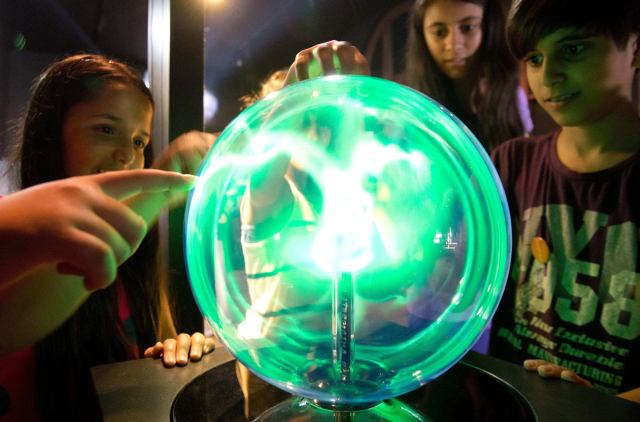Maurizio Gambarini/DPA/PA Images

How does an individual or an organisation get really good at what it does? The proverbial answer is that ‘practice makes perfect’. But according to a brilliant post by Michael Simmons on The Mission, that’s not quite right:
“Perhaps the most popular current success formula is the 10,000-hour rule popularized by Malcolm Gladwell. The idea is that you need 10,000 hours of deliberate practice to become a world-class performer in any field.
“Research now tells us, however, that this formula is woefully inadequate to explain success, especially in the professional realm. A 2014 review of 88 previous studies found that ‘deliberate practice explained 26% of the variance in performance for games, 21% for music, 18% for sports, 4% for education, and less than 1% for professions. We conclude that deliberate practice is important, but not as important as has been argued.’”
Practice can give you an edge in some fields, but not others:
“…deliberate practice may help you in fields that change slowly or not at all, such as music and sports. It helps you succeed when the future looks like the past, but it’s next to useless in areas that change rapidly, such as technology and business.”
Sports and music are rules-based activities, but in technology and business the game is changing all the time. Therefore what is needed is not so much “deliberate practice” as “deliberate experimentation” – continually trying out new ideas and strategies to stay ahead of the game.
If that’s true of business, then it’s surely also true of government. Even in the most free market of developed nations, the state directly controls a massive chunk of the economy. Public sector innovation is therefore as important as private sector innovation to our prosperity and wellbeing.
The state is well-practiced at what it does, but a deliberately experimental approach is rather less in evidence. Indeed the culture of government often works against innovation.
The secrets of successful innovation need to be embraced by the state, but what are they? Michael Simmons reviews the evidence:
“…most innovative ideas are generated by a small number of superstars. In any given field, the top 10% of performers produce more than 50% of breakthroughs.”
In an over-centralised state there are no superstars because the bureaucracy is monolithic. To allow the best to emerge from the rest, the state must be decentralised – with different bodies within government (especially the locally elected ones) empowered to experiment with different policies. If that produces different (and therefore unequal) outcomes that should be seen a feature and not a bug of the system.
The system must also become more tolerant of failure, which is the tribute that experimentation pays to success:
“…superstars produce just as many bad ideas as everyone else — they just produce more ideas overall. Having many more ideas means they have more failures but also more hits.”
Policy makers must also beware of false productivity:
“…we live in a culture that is obsessed with productivity: getting more done and less time, systematizing, automating, and even outsourcing. If one has a frame of short-term productivity, then taking time out of your day to nurture a creative process with unpredictable results that don’t pay off immediately is extremely hard. What is productive in the long-term often feels not productive in the short-term.”
This is so important. Government is full of competent, cautious and profoundly unimaginative individuals. They are not, by nature, risk takers – and yet taking risks is what innovation (and enabling innovators) is all about:
“Given a ten percent chance of a 100 times payoff, you should take that bet every time. But you’re still going to be wrong nine times out of ten.”
That said, bureaucracy does have a part to play – in setting up the information gathering systems that allow the results of innovation to be systematically assessed. As Simmons points out “today’s tools allow anyone to increase their quantity of experimentation by an order of magnitude.”
For all of the data gathering power of a Facebook or a Google, nothing compares to the direct line that a modern state has (or should have) to vitally important activities like education and healthcare.
An entrepreneurial, innovative state shouldn’t just be striving to find new ways of improving our lives, but also using the knowledge it gains to generate revenues for the public purse. A government that isn’t experimenting on its own people is letting them down.










Join the discussion
Join like minded readers that support our journalism by becoming a paid subscriber
To join the discussion in the comments, become a paid subscriber.
Join like minded readers that support our journalism, read unlimited articles and enjoy other subscriber-only benefits.
Subscribe